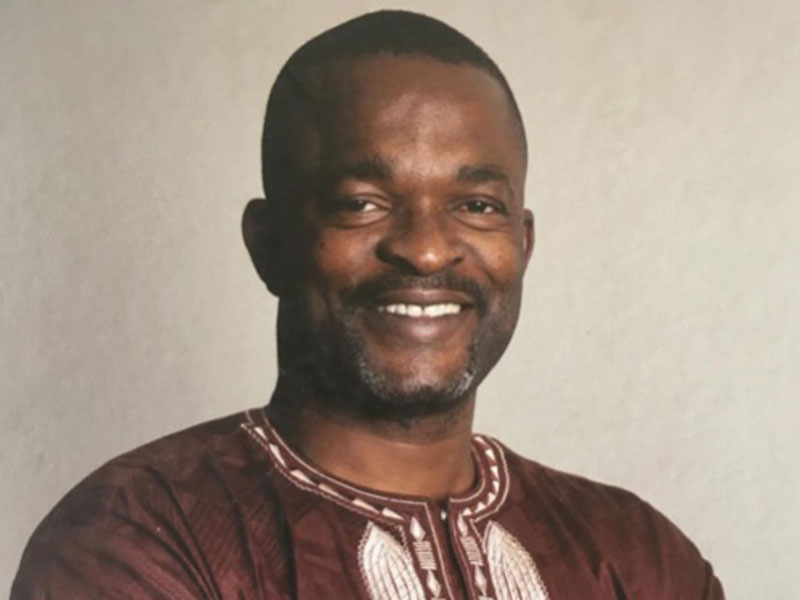×
The Standard e-Paper
Stay Informed, Even Offline

The Blue Economy Conference hosted recently in Nairobi, Kenya ended on a high note but the momentum of engagements about advancing the vital Blue economy sector in an optimal, sustainable and inclusive way in Kenya and across Africa should not lose steam.
Thirty-eight of Africa’s 55 nations including Kenya have access to resource-rich oceans, but most of them are yet to develop viable and sustainable blue economies that generate significant opportunities for their people.